Jordan Pollack
Phylogeny-Informed Interaction Estimation Accelerates Co-Evolutionary Learning
Apr 09, 2024


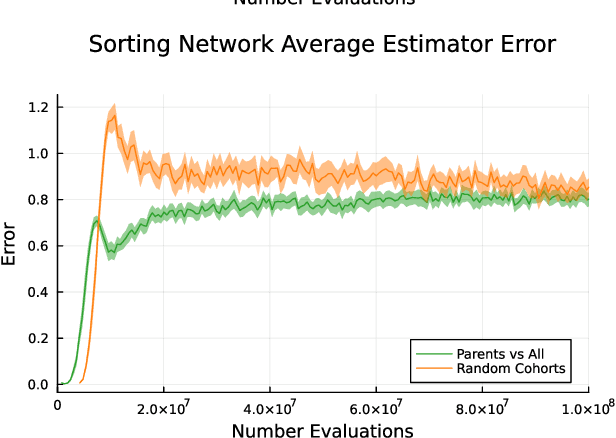
Abstract:Co-evolution is a powerful problem-solving approach. However, fitness evaluation in co-evolutionary algorithms can be computationally expensive, as the quality of an individual in one population is defined by its interactions with many (or all) members of one or more other populations. To accelerate co-evolutionary systems, we introduce phylogeny-informed interaction estimation, which uses runtime phylogenetic analysis to estimate interaction outcomes between individuals based on how their relatives performed against each other. We test our interaction estimation method with three distinct co-evolutionary systems: two systems focused on measuring problem-solving success and one focused on measuring evolutionary open-endedness. We find that phylogeny-informed estimation can substantially reduce the computation required to solve problems, particularly at the beginning of long-term evolutionary runs. Additionally, we find that our estimation method initially jump-starts the evolution of neural complexity in our open-ended domain, but estimation-free systems eventually "catch-up" if given enough time. More broadly, continued refinements to these phylogeny-informed interaction estimation methods offers a promising path to reducing the computational cost of running co-evolutionary systems while maintaining their open-endedness.
Emergent Resource Exchange and Tolerated Theft Behavior using Multi-Agent Reinforcement Learning
Jul 04, 2023Abstract:For decades, the evolution of cooperation has piqued the interest of numerous academic disciplines such as game theory, economics, biology, and computer science. In this work, we demonstrate the emergence of a novel and effective resource exchange protocol formed by dropping and picking up resources in a foraging environment. This form of cooperation is made possible by the introduction of a campfire, which adds an extended period of congregation and downtime for agents to explore otherwise unlikely interactions. We find that the agents learn to avoid getting cheated by their exchange partners, but not always from a third party. We also observe the emergence of behavior analogous to tolerated theft, despite the lack of any punishment, combat, or larceny mechanism in the environment.
Coevolutionary Neural Population Models
Apr 11, 2018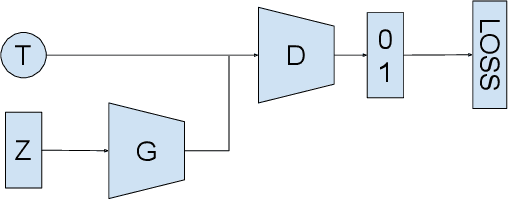
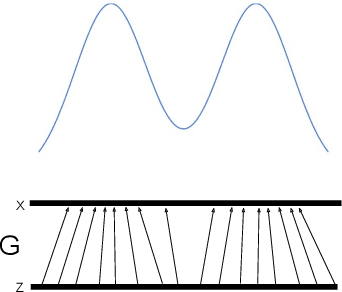
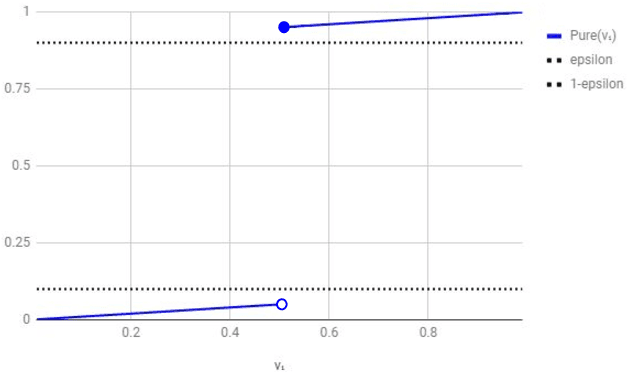
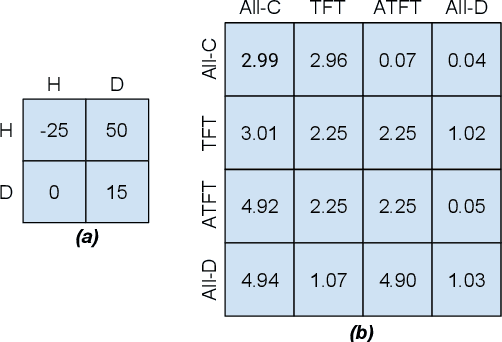
Abstract:We present a method for using neural networks to model evolutionary population dynamics, and draw parallels to recent deep learning advancements in which adversarially-trained neural networks engage in coevolutionary interactions. We conduct experiments which demonstrate that models from evolutionary game theory are capable of describing the behavior of these neural population systems.
 Add to Chrome
Add to Chrome Add to Firefox
Add to Firefox Add to Edge
Add to Edge